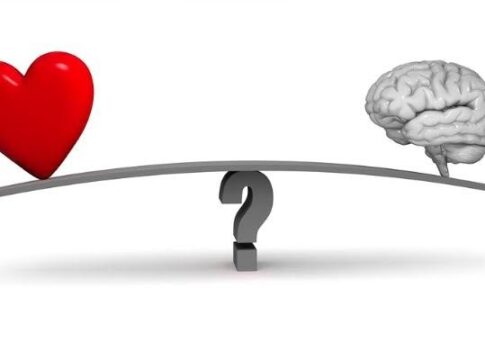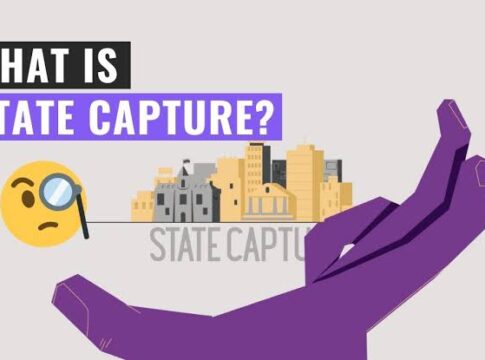Kingsley Enwelim Nwanze
The age-old debate between emotion and reason as the driving forces behind human actions continues to captivate philosophers, psychologists, and neuroscientists alike. While both elements play crucial roles in decision-making, the question remains: which one truly precedes and influences our actions?
Emotions are often seen as the immediate responses to stimuli, shaping our perceptions and reactions. They are primal, instinctual, and can lead to swift decisions. For instance, fear can trigger a fight-or-flight response, compelling individuals to act without the luxury of deliberation. This emotional immediacy can be advantageous in survival situations, where quick reactions are essential. Moreover, emotions enrich our experiences, providing depth to our interactions and motivating us to pursue goals that resonate with our values and desires.
On the other hand, reason embodies the cognitive processes that allow for reflection, analysis, and logical thinking. It enables individuals to weigh options, consider consequences, and make informed choices. Reasoning is particularly vital in complex situations where emotions might cloud judgment. For example, in financial decisions or ethical dilemmas, a rational approach can prevent impulsive actions driven by fleeting feelings.
However, the relationship between emotion and reason is not strictly dichotomous. Research in neuroscience suggests that emotions and rational thought are intertwined, with emotional responses often guiding our reasoning processes. The somatic marker hypothesis posits that emotional signals inform our decision-making, allowing us to navigate choices more effectively.
In conclusion, while both emotion and reason are integral to human actions, emotions often serve as the initial catalyst, prompting individuals to act. Reason then steps in to refine and guide those actions. Understanding this interplay can lead to a more nuanced view of human behavior, highlighting the complexity of our decision-making processes.




